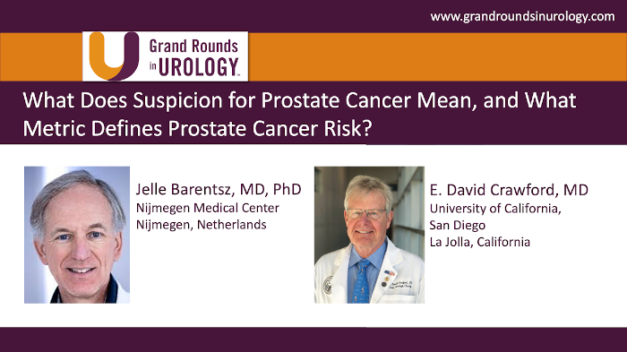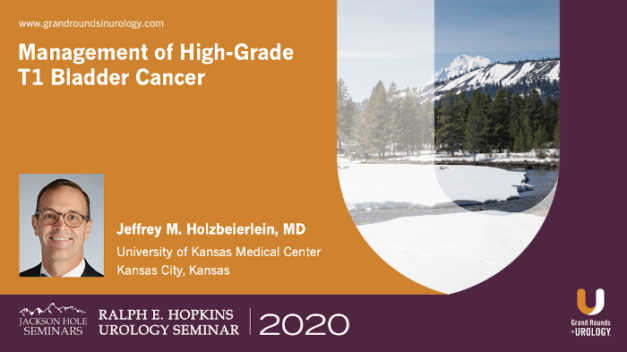ERAS Pathways in Radical Cystectomy
Jeffrey M. Holzbeierlein, MD, Director of the Division of Urologic Oncology at the University of Kansas Hospital and Director of Clinical Research for the Urology Department at KUMC, discusses the variability associated with ERAS pathways & the impact of utilizing this methodology following cystectomy. He goes on to discuss how to optimize cystectomy through ERAS-based prehab, pre-operative, intraoperative, and post-operative pathways and presents data that demonstrates how these pathways may improve patient outcomes. Finally, Dr. Holzbeierlein discusses the preliminary results of a University of Kansas research program that adapted interactive, iPad-based cystectomy tutorials to understand if personalized education platforms could help improve perioperative care and outcomes within this patient population.
Read More



